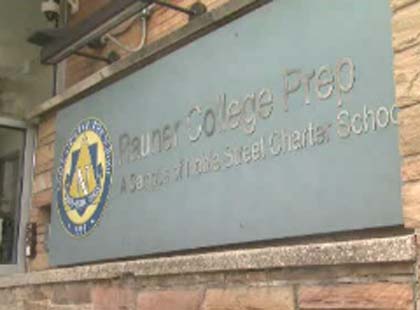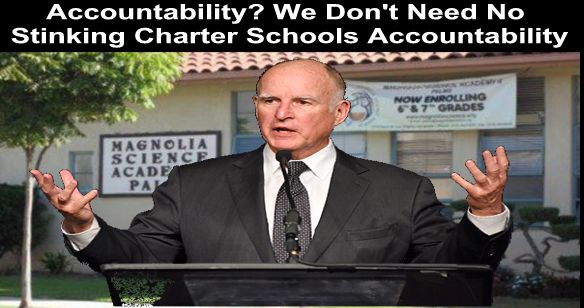SB 808
Because of the significant investment in time and resources reviewing proposed charter school petitions prior to accepting or rejecting a petition, the local school board is best equipped to make decisions regarding education programs and needs within its jurisdiction. Local school districts must have the authority to authorize locally controlled charter schools as well as hold them accountable.
The recent practices of certain county offices of education and the State Board of Education in summarily overruling rigorous evaluations of charter petitions by local school boards is undermining the practice of local control, wherein districts develop priorities and plans with input from all stakeholders including parents, students, teachers, and community members.
Current charter school regulations do not provide sufficient oversight to ensure all charter schools remain financially and academically sound or meet the legislature’s original intent to serve all students.
The State of California has been emphasizing the need for local control in education policy. Governor Brown’s 2014 State of the State address proclaimed that the “central authority should have a subsidiary function, performing only those tasks which cannot be performed effectively at a more immediate or local level.”
The school board is elected to make decisions in the best interest of the children living in their district, and democracy is a means for the people to choose their leaders and to hold their leaders accountable for their policies and their conduct in office.
How Goldilocks Opened a Charter School That Nobody Wanted
Big Education Ape: Charter School Approval Flea Flicker: Three charter schools closed by CPS file appeals with stat... http://bit.ly/1QGhKNd
Big Education Ape: Glendale Unified board denies charter school plans; petitioners say they will appeal to county -... http://bit.ly/1P9tvbD
Big Education Ape: Flea Flicker: Rocketship appeals to state board to build school in Concord - ContraCostaTimes http://bit.ly/1RVCrnq
Big Education Ape: Flea Flicker: Should state be able to approve charter schools in Virginia? - Daily Press http://bit.ly/1QPtgEg
Big Education Ape: Washington Charter Schools Find Another Source Of Public Money | KUOW News and Information http://bit.ly/1QPtknC

Big Education Ape: Magnolia charter schools fight to stay open after LAUSD ‘death sentence’ - http://bigeducationape.blogspot.com/2016/10/magnolia-charter-schools-fight-to-stay.html






























